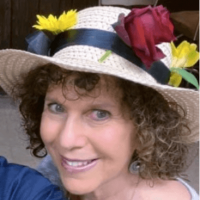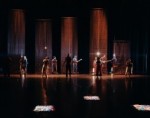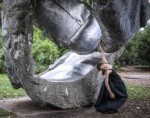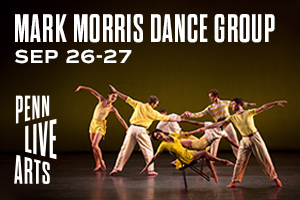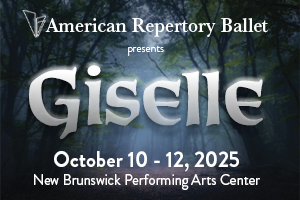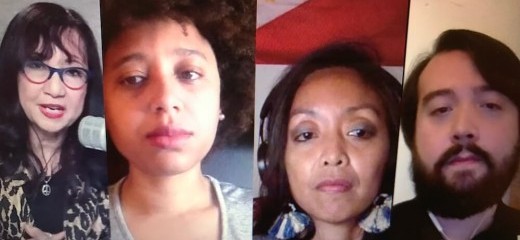
Online Race Series Reveals Multicolored Palette
by Darcy Grabenstein
Although a museum is an organization that preserves historical objects and facts, I must admit I was surprised that the Barnes Foundation, known for its world-class collection of French impressionist and post-impressionist paintings, is now focusing on race relations as well as Renoir.
To honor the legacy of founder Albert C. Barnes, whom the museum describes as a strong supporter of social justice, the Barnes has launched Facing Change, a free online speaker series that features artists, scholars, and community activists for intergenerational and multicultural conversations about race in America. The series takes its name from a quote by novelist/poet/playwright/activist James Baldwin: “Not everything that is faced can be changed, but nothing can be changed until it is faced.” I tuned in for the second in the bimonthly series, Facing Change: Race as a Social Construct, which explored the theory that racial categories are man-made and not supported by biological science.
At least one other attendee echoed my initial reaction, asking through the online chat what role organizations such as museums should play in promoting diversity and inclusion. Panelist Rob Buscher, an expert in Japanese, Asian American and Pacific Islander media and film, acknowledged that racial equity is a hot topic. He said it is easy to tell which organizations, like the Barnes with its longstanding relationships with communities of color, have a genuine interest in the topic and which are basically putting on a show.
Attendees were encouraged to read Buscher’s column, Personal Reflections: Charlottesville and the Legacy of White Supremacy, prior to the panel discussion. I was glad I did my homework. Buscher used a modern-day event to examine our nation’s history of white supremacy. Written a couple of months after the 2017 white nationalist rally in Charlottesville, VA, Buscher theorized: “To understand the full extent of racial power dynamics in this country, we must remember how the legacy of European imperialism impacted the manner in which this country was founded as a settler-colonial state.” It was the perfect preview to his history-packed presentation that touched on everything from slavery to the early Chinese in America to Nordicism and anti-immigration legislation.
“Slavery was bounded and perpetuated by violence,” said panelist Kalela Williams, an arts administrator and writer. A visit to a slave cemetery at age 13 spurred her interest in Black history. “There was nothing but rocks. There were no inscriptions on the rocks. … I decided to bring light and voice to these people.” As Williams said this, I envisioned a cemetery filled with blank headstones and understood her passion for wanting to fill in the blanks.
While Buscher stuck mostly to historical accounts, panelists Williams and performing artist Annielille (Ani) Gavino* shared more personal experiences. Gavino raised the issue of race and dance in academia, questioning the standards that default to genres such as ballet and modern dance, while cultural and folk dances are not prioritized. “There are a lot of people not being represented.”
Gavino recalled that, when she migrated to the U.S. from the Philippines 20 years ago, she was very confused by the race question when filling out government paperwork. “What am I? Hispanic? Pacific Islander? Asian?” That’s when she realized her identity didn’t fit neatly in a box. Gavino said her confusion continues to this day. She highlighted how health literacy is a major issue for immigrants. Because English is her second language, she had a difficult time completing a medical application. “What about for new immigrants?” she asked, imagining what an impossible task that would be.
The discussion, moderated by iHeartMedia’s Loraine Ballard Morrill, seemed somewhat disjointed. I’ll chalk that up to the fact that a lot of material was covered in a relatively short time.
All the panelists agreed that, as the series title says, we must face change. Buscher summed it up: “Having more nuanced conversations with all these communities in tandem is needed to uproot systemic racism.”
Facing Change: Race as a Social Construct, Barnes Foundation, online, Dec. 14.
*Annielille Gavino is a writer for thINKingDANCE.
By Darcy Grabenstein
December 23, 2020

